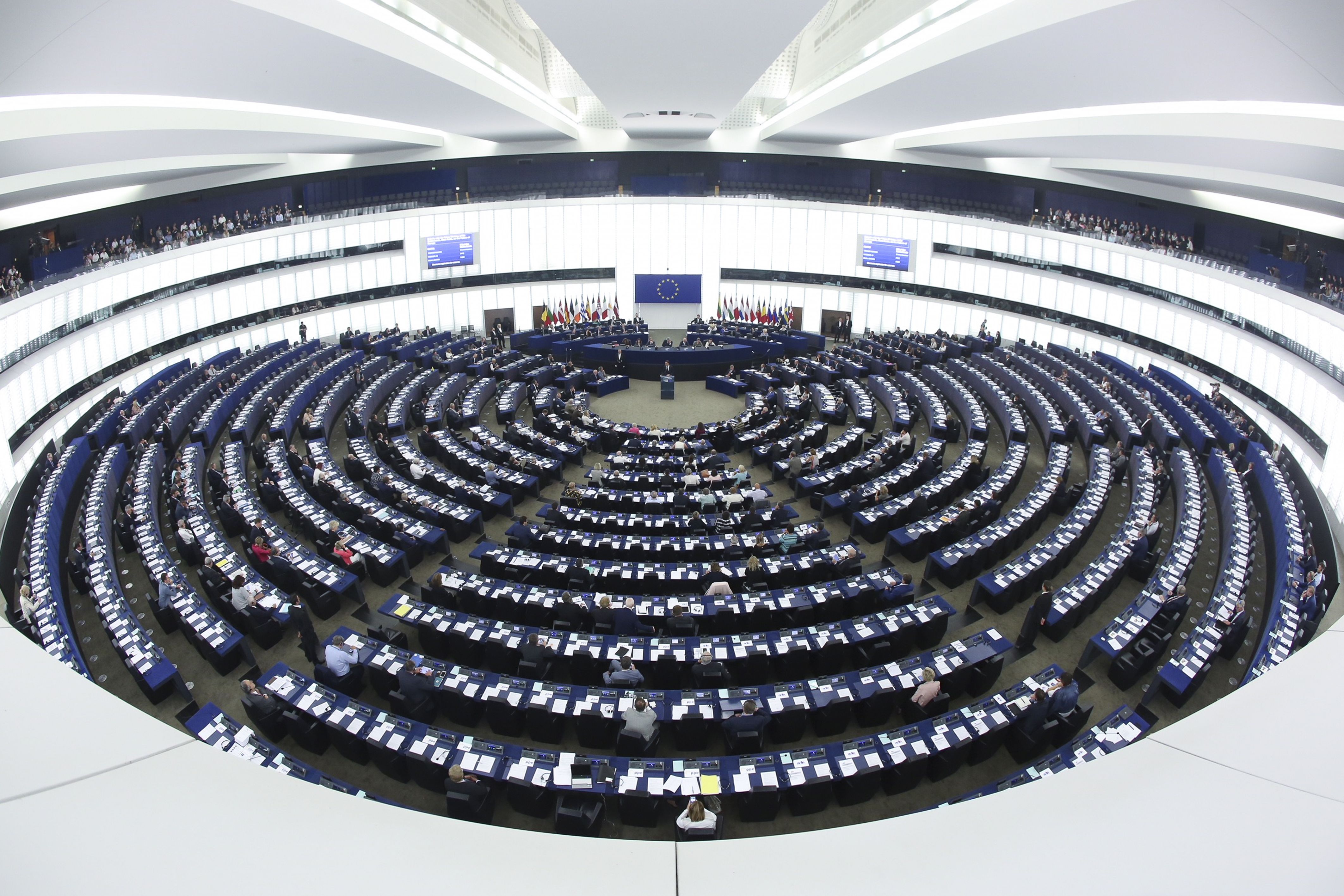The European Parliament committee in charge of investigating espionage using the Pegasus program has formally asked the executive director of Europol to propose to affected member states, including Spain, that they investigate illegal espionage in their countries using the spyware. The PEGA committee, as it is known, has requested to Catherine de Bolle that her security agency "get involved without delay" in the question of alleged abuses committed with this espionage program in the European Union, and use its new powers to "support and strengthen action" on the matter by competent police authorities in each country. As the letter states, "since July 2021, there has been a string of revelations about the illegitimate use of a spyware against citizens. Targets include journalists, politicians, NGOs and public officials in Hungary, Poland, Spain, Greece and the European Commission". The text states that illegal espionage puts in jeopardy the key democratic values enshrined in Union law and poses a "threat to the cybersecurity within the EU". Moreover, it notes that there are concerns about the "willingness" of national authorities to investigate these matters "swiftly and thoroughly", and thus instructs Europol to "make the fullest possible use" of its powers to propose to member states concerned that they conduct criminal investigations of such espionage actions committed in countries that may affect the entire European Union.
‼️ @EP_PegaInquiry MEPs sent a letter to @Europol Executive Director Catherine de Bolle asking the agency to propose investigations into spyware abuses in 🇪🇺.
— PEGA Committee Press (@EP_PegaInquiry) October 3, 2022
(1/2) pic.twitter.com/JY3HIH9xvK
What has Europol said up till now?
The only reaction to the Pegasus espionage allegations by Europol dates from the end of August when it claimed that it had been unaware that Pegasus spyware was being used in EU and had found out thanks to the revelations of CitizenLab, the Canadian research centre which revealed the large-scale Catalangate spying affair. That is what the deputy executive director of Europol, Jean-Philippe Lecouffe, said when questioned before the PEGA committee in the European chamber. Lecouffe confirmed then that no country had yet been asked to investigate espionage using the software developed by the NSO firm, despite new regulations having given the agency the initiative to request investigations from member states, which then could decide whether or not to act on the requests. Europol's executive director said it was still "assessing" whether to call for investigations into states where there was evidence that spying with Pegasus had been carried out. Some MEPs accused Europol of inaction in the face of spying with Pegasus, to which Lecouffe remarked that they did not rule out asking states to investigate, but were still "assessing" it. "How long will we wait? I don't know, we have to assess the situation and see what we do," he added in his statement over a month ago.
European justice, concerned
Meanwhile, last Thursday, the European Commissioner for Justice, Didier Reynders, demanded that the Spanish government send explanations "in writing" about the use of Pegasus software, which was used to spy on at least 60 people connected to the Catalan independence movement. Speaking in the corridors of the Spanish Congress last Thursday on the occasion of his institutional visit to Madrid, Reynders recalled that the European Commission had sent letters to Spain, Hungary, Poland and Greece asking for information on espionage with software such as Pegasus and had asked the Spanish state for a "written reaction", which has not yet arrived. The European Commissioner explained that the Spanish justice minister, Pilar Llop, gave him "a lot of information" in the meeting they held, but insisted that the Commission wants the "detail" in writing "as soon as possible". Reynders pointed out that the use by states of Pegasus must be "proportionate and necessary" even if they have the ability to use it for reasons of national security. In this regard, the European Commissioner requested that the response specify the implementation of Spanish law that had been made to justify the use.

